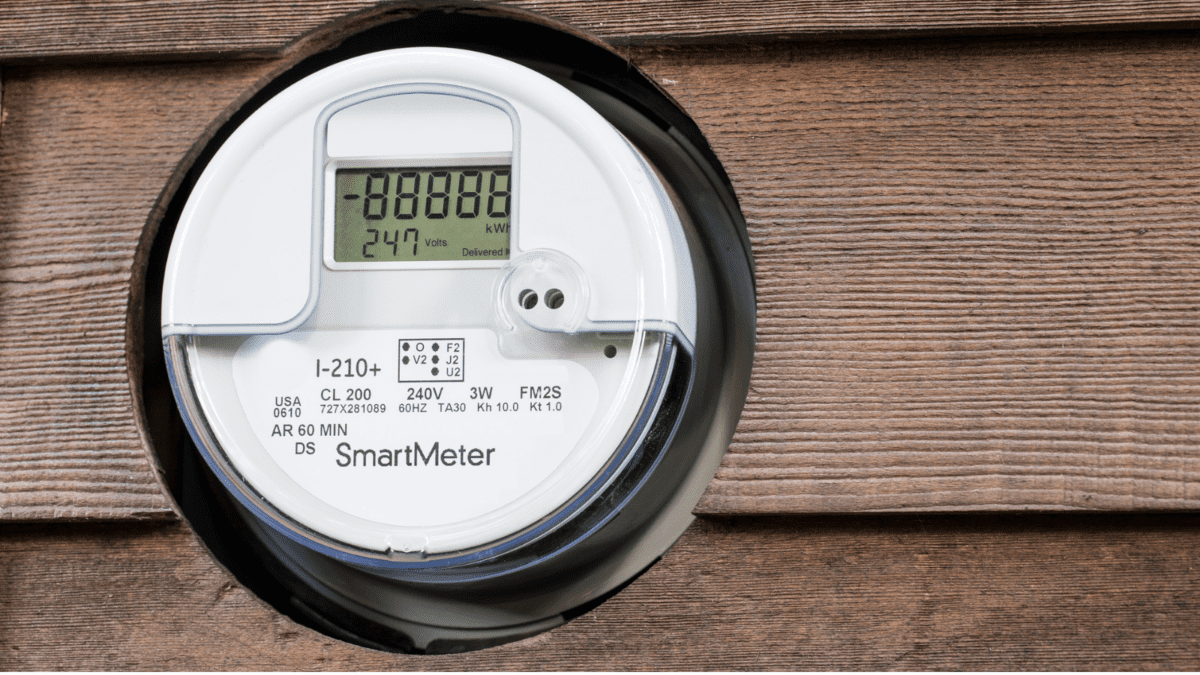Philanthropic bequests gaining traction with well-heeled seniors
“I want to leave my children enough so they can do anything, but not so much that they can do nothing.” Warren Buffett
Senior Australians are thinking more deeply about their legacy when considering both their spending options while alive and how they will distribute their inheritance on passing away.
John McLeod (pictured), senior consultant for JBWere Australia’s family advisory and philanthropic services, says while material possessions are often used to define success, families are increasingly recognising a deeper meaning of legacy that transcends tangible assets.
“As families transition through the generations, the concept of a life well lived can become defined by parenting, grandparenting and service to community. Parents naturally aspire to instil in their children generosity, a strong sense of family values and a desire to contribute positively to society.
“So, the discussion to be encouraged is whether the average asset break-up where an inheritance is simply left to the family achieves the best outcome for the legacy that most are trying to achieve,” he tells The Golden Times.
An all-encompassing family balance sheet includes far more than material wealth. It also has a human, intellectual, social and spiritual dimensions, and it’s only by embracing the balance sheet in its entirety that families can significantly improve their chances of building a legacy and perpetuating wealth across generations.
McLeod, who authored JBWere’s The Bequest Report, a research report examining the massive intergenerational wealth transfer underway in Australia – the Productivity Commission estimates $3.5 trillion will change hands by 2050 – says leaving children the right share of the full family balance sheet can better equip them to achieve purpose in their own lives.
“Putting in place support for broader societal impact through an inheritance that goes beyond just family can be the common thread that stiches future generations together.
“Leaving them enough to achieve purpose and guiding them with the values and family ethos exhibited during your life may be the best gift to pass on.”
He cites the example of a family where the parents have a sizeable inheritance to pass on to their three children who are well-established.
“They could simply decide a third each or they can ask – is there something else we can do? One option is giving children 30 per cent each, leaving 10 per cent for charity. That way it doesn’t financially hurt the children, and, at the same time, you’re instilling values that I would argue are far more valuable than the 3.3 per cent they’re missing out on.”
Another example McLeod gives is a New Zealand family where one of the children died early. “It’s been decided that the money this chid would have inherited will be given for research into that disease – and all the family are onboard with this decision.”
The Bequest Report states that it’s imperative for families to develop their own legacy statement, capturing their shared values and vision to support them in navigating any challenges with greater clarity and purpose.
While such a statement will not eradicate conflict, it does equip families to process decisions collaboratively and accept outcomes, reducing the risk of disengagement and fractured relationships.
“Families are inherently emotional systems, with deep-seated feelings influencing behaviour,” he says. “Open communication, trust building and a shared sense of purpose are essential for managing hurt feelings and disappointment that inevitably lead to conflict.”
Australia’s position as a wealthy but ageing nation provides a strong baseline for charitable bequests. However, the currently low proportion leaving a bequest and the low percentage of assets left falls far short of international peers and the levels of giving by people during their own lifetime.
McLeod says country differences such as inheritance and estate taxes are part of the reason, but practice, culture and a lack of discussion about such bequest options provide opportunities to encourage societal change.
“Increasing the level of discussion by financial and legal advisers and growing the media coverage of peer giving through inheritance can have a large influence in normalising giving in wills.
“In addition, removing some of the current barriers, such as allowing charities to be beneficiaries of superannuation assets and introducing living bequests where a small current tax incentive is given for a larger binding bequest in the future, will enhance giving from inheritances. In the right circumstances, I believe charitable bequests could reach almost $8 billion a year by 2030.”
He says when he addresses audiences on this issue, it’s amazing the number of people who come forward afterwards and say they have never thought of giving to charity.
“They’re genuinely enthused, saying what a great idea. It doesn’t matter the amount; it’s the fact they’re going to leave something – to have a legacy. That’s what matters to them.”









